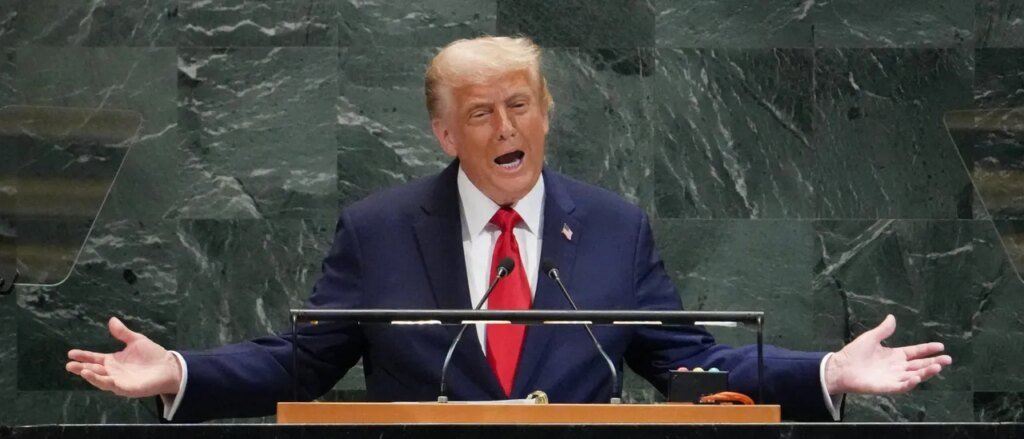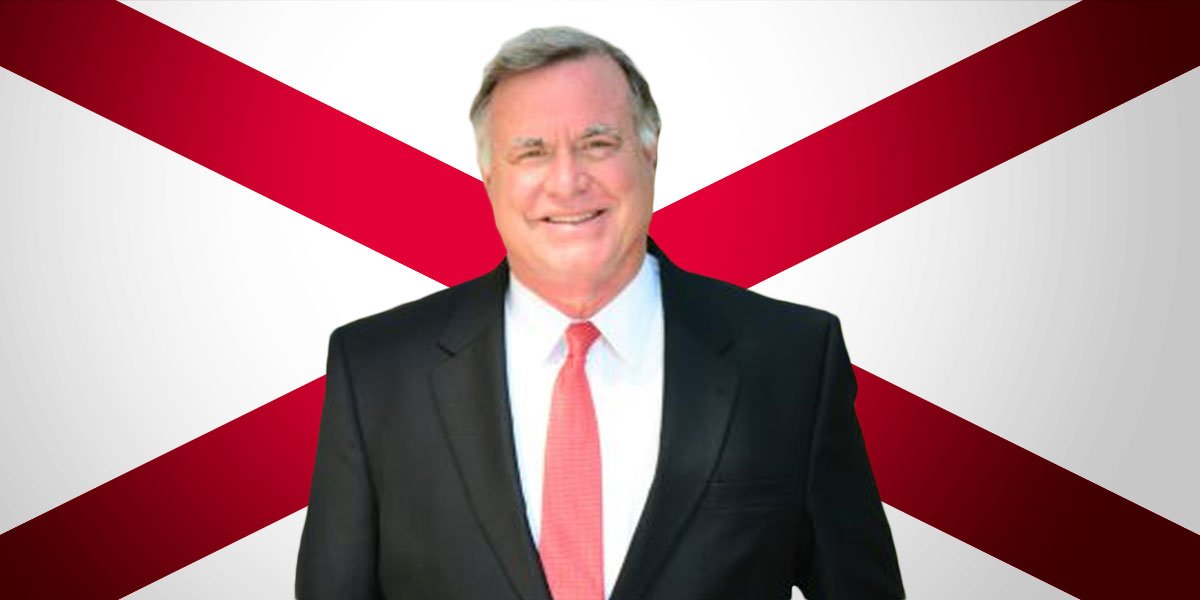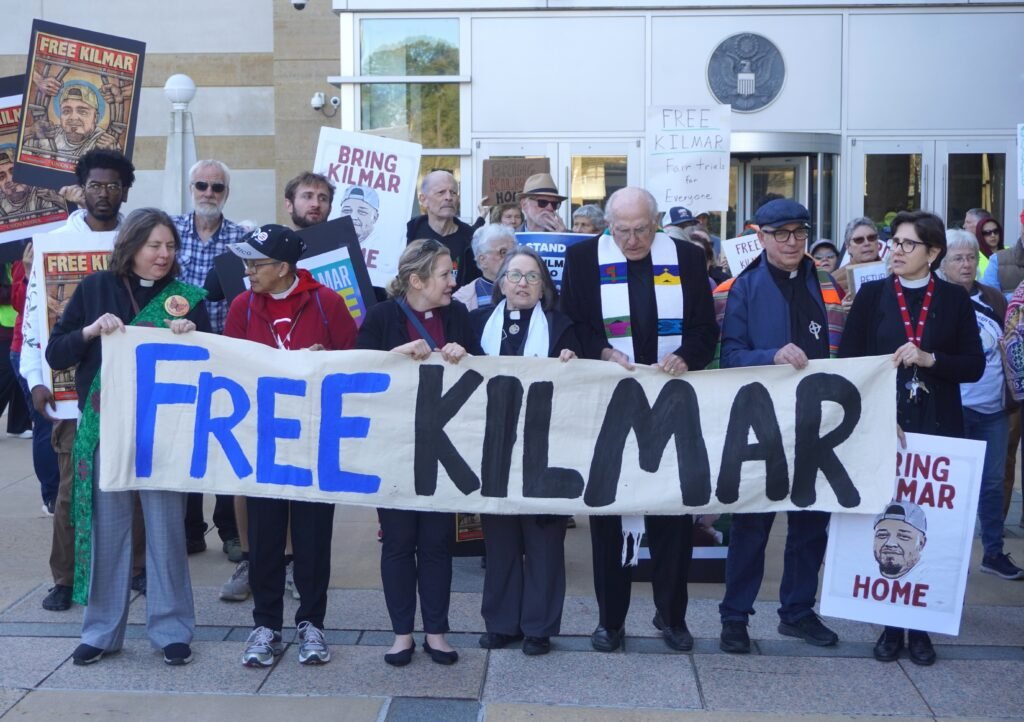Reflections on the League of Nations and the UN
Historians have often critiqued President Woodrow Wilson’s vision for the League of Nations, particularly its shortcomings following World War I.
The league’s membership was quite limited, with only 58 countries participating, and its idealistic language didn’t hold much weight.
Interestingly, the ascendant United States chose to sit on the sidelines. The victors of WWI, like France and Britain, were hesitant to expand the league, while the defeated nations, such as Germany and Austria, were eager to join.
This led to a situation in the mid-1930s where the league couldn’t effectively counter fascism, allowing it to openly disregard the Treaty of Versailles. It struggled to enforce even simple sanctions or embargoes.
Lacking the support of major powers, the league found itself unable to respond to threats, and it seemed poised for another conflict similar to the first world war.
In light of this, the United Nations emerged after World War II, supposedly rectifying the weaknesses of its predecessor.
With the US actively involved and its headquarters established in New York, nearly every country—now totaling 193—eventually joined the UN.
The “Security Council,” made up of powerful—both current and former—nations was set to uphold the consensus of the general assembly.
The UN aimed to consolidate numerous global initiatives, such as the World Health Organization and the International Criminal Court, into a singular effort to foster peace and address international legal issues.
However, the UN’s track record over the past 80 years has, unfortunately, mirrored the tragic failures of the league that lasted just 26 years.
Half of the UN member states aren’t true democracies or free societies.
The two primary threats to global peace, namely authoritarian Russia and communist China, hold veto power in the Security Council.
Moreover, anti-Semitism seems to have found a place within the UN, along with rampant issues of corruption.
Realistically, it’s hard to expect the United Nations to effectively prevent or resolve ongoing conflicts.
Beyond serving as a platform for national agendas, the organization appears increasingly ineffective, often positioning itself against Western interests.
This leaves us wondering: who is addressing the pressing global challenges?
Who is tackling issues like Iran’s nuclear ambitions and its support for terrorism?
What’s being done about the ongoing war in Ukraine, or China’s assertiveness towards Taiwan? And let’s not overlook the various territorial disputes in regions like the Balkans, Africa, Asia, and the Middle East.
From the Western perspective, who is alerting the public about the potential crises stemming from uncontrolled immigration and declining birth rates?
Who is discussing the risks of attacks on international shipping routes in critical waterways?
So far, it seems that only the United States has stepped up, especially under its controversial president, Donald Trump.
In a rather whirlwind fashion, Trump has found himself in the midst of multiple international skirmishes.
He appear to have brokered temporary ceasefires between nations like Rwanda and the Congo, Armenia and Azerbaijan, and India and Pakistan, thanks to strategic use of economic and military incentives.
The UN, however, has largely failed to intervene in the brutal conflict in Ukraine, which has resulted in millions of casualties.
Trump has attempted to propose peace plans and negotiated between various leaders, including Russian President Vladimir Putin and Ukrainian President Volodymyr Zelensky.
Interestingly, Iran has not been able to secure new bombs in recent years, in part due to Trump’s military actions.
For perhaps the first time, Iran finds itself restrained by militant groups like Hezbollah and Hamas. Some even suggest a rare chance at peace regarding Israel.
On the home front, the US border remains relatively secure, experiencing fewer illegal entries compared to Europe, which is grappling with immigration challenges.
It must be noted that Trump won’t necessarily provide a long-term solution to these complex conflicts and crises.
Yet, unlike the UN or previous US administrations, he seems earnest in encouraging dialogue among conflicting parties rather than perpetuating violence.
Rather than lofty rhetoric, Trump focused on practical economic incentives, promoting trade and foreign investments.
It’s the unpredictability of US military power that looms in the background, adding a layer of complexity to his approach.
Critics of the international community often find fault with Trump’s business-centric methods and what some perceive as self-serving behavior.
And it’s tough to pin down whether he’s more of an isolationist or an interventionist.
However, the history of idealistic internationalists has, more often than not, ended in failure and conflict.







